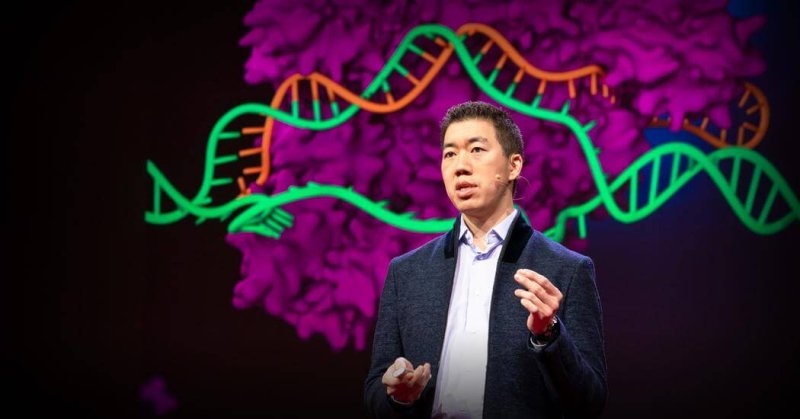From gene editing to protein-structure determination to quantum computing, here are seven technologies that are likely to have an impact on science in the year ahead.
1. Fully finished genomes
Roughly one-tenth of the human genome remained uncharted when genomics researchers Karen Miga at the University of California, Santa Cruz, and Adam Phillippy at the National Human Genome Research Institute in Bethesda, Maryland, launched the Telomere-to-Telomere (T2T) consortium in 2019. Now, that number has dropped to zero.
2. Protein structure solutions
Structure dictates function. But it can be hard to measure. Major experimental and computational advances in the past two years have given researchers complementary tools for determining protein structures with unprecedented speed and resolution.
The AlphaFold2 structure-prediction algorithm, developed by Alphabet subsidiary DeepMind in London, relies on ‘deep learning’ strategies to extrapolate the shape of a folded protein from its amino acid sequence.
…
4. Precise genome manipulation
Mediated by a process called non-homologous end-joining, CRISPR–Cas9 repairs are often muddied by small insertions or deletions.
Most genetic diseases require gene correction rather than disruption, notes David Liu, a chemical biologist at Harvard University in Cambridge. Liu and his team have developed two promising approaches to do just that.































